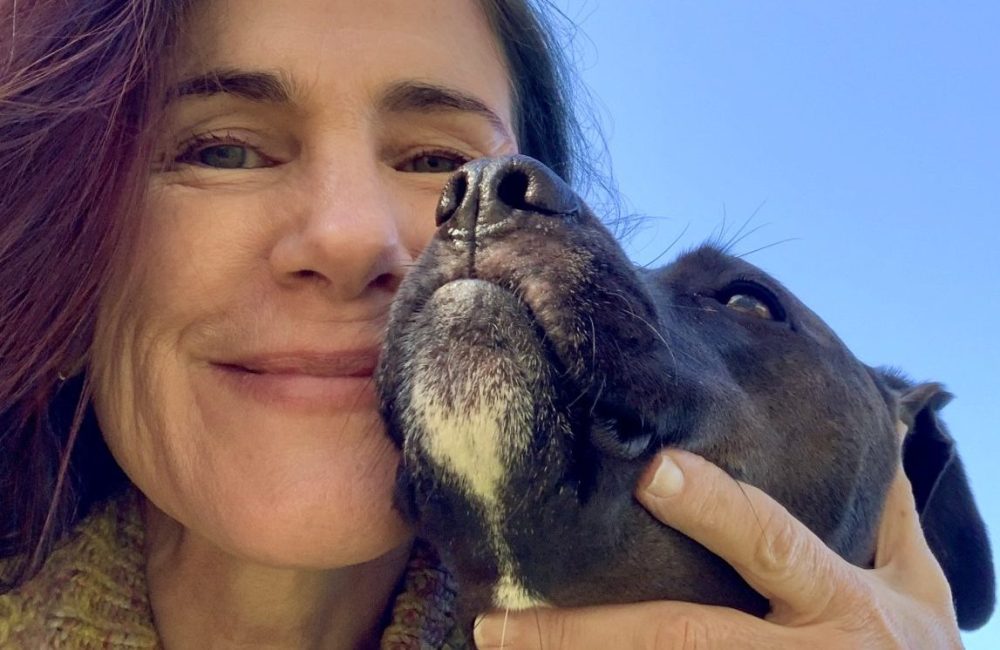What do you think about media depictions of disabled people?
Category: Strength
COVID-19 Art: Connie D.K. Lane’s Light + Darkness
Has Covid-19 inspired you in a surprising way?
Making Music Blind During Covid by Noé Socha: with videos
Has Covid impacted your creativity?
Happy 105 Birthday Sam Sachs + Update with New Video
When's the last time you mailed kind thoughts to someone? Do it right now to do a good deed, plus support the United States Postal Service.
Vids n easy COVID feelgood: Help celebrate amazing 105-old!
What are your easy feelgood ways to get through a crisis?

